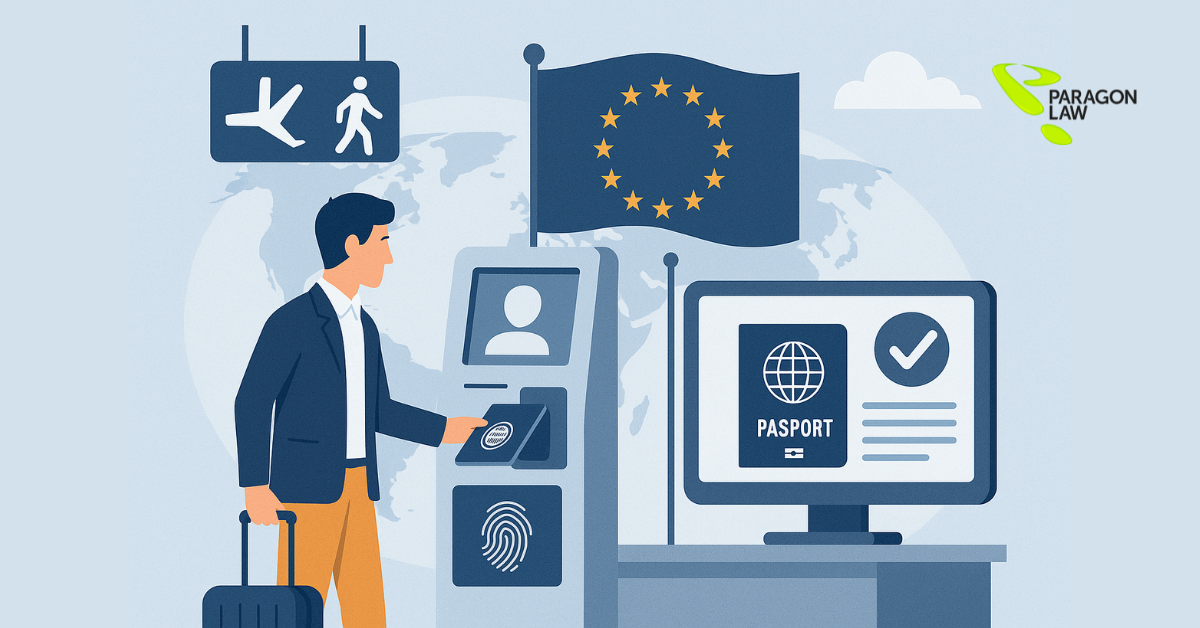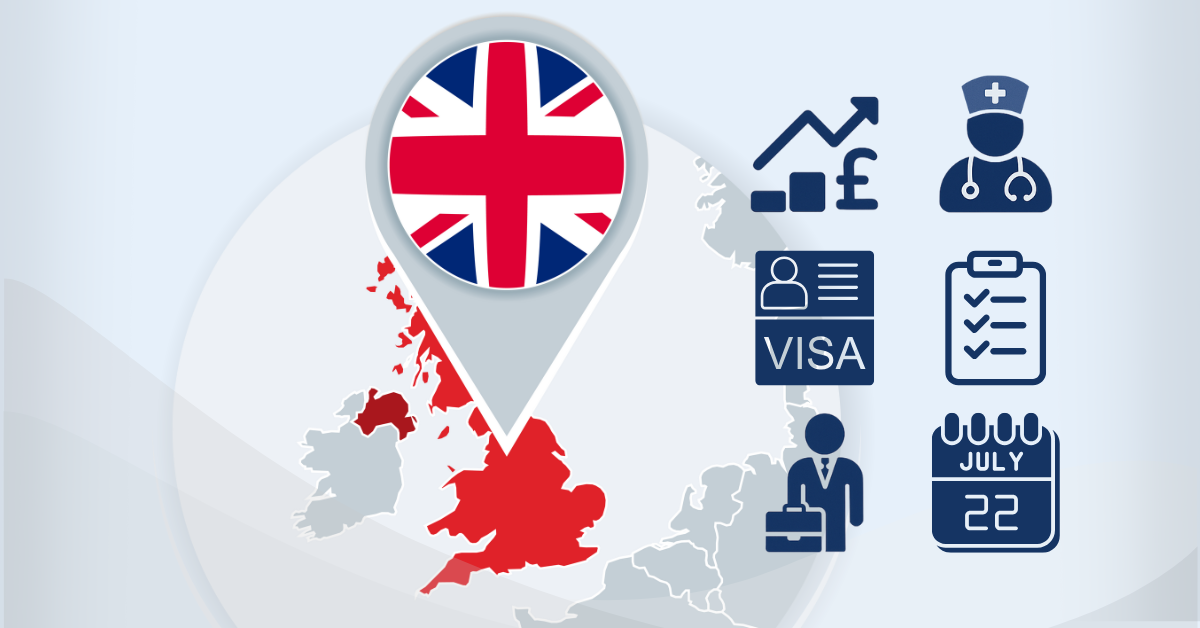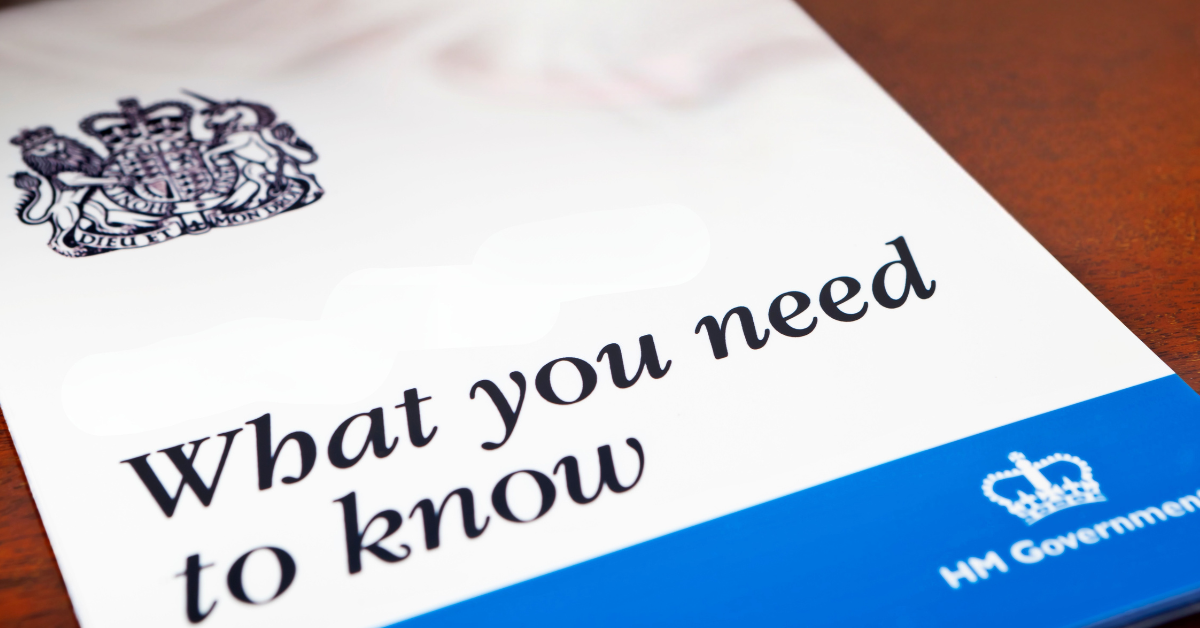
Sponsor Licence Statistics
Despite the benefits of hiring overseas skilled workers, only 3% of UK employers have a sponsor licence. So why do so few employers hold a sponsor licence?
Paragon Law
According to a research briefing published by the House of Commons, in 2022 there were 5,509,000 private sector businesses in the UK, with 25.7% of them being employers. However, when this is contrasted with Home Office data that indicates that 45,234 organisations hold a sponsor licence, it reveals that a mere 3.2% of employers in the UK possess a sponsor licence. This is particularly worrying for the UK as it was announced that as of May 2022 there were around 1.3 million vacancies in the UK. Whilst businesses are right to invest in automation, training and apprenticeships for UK talent - it's important to acknowledge that the benefits of such investments may take a generation to materialise. Unfortunately, many businesses don't have the luxury of waiting that long, which is why obtaining a sponsor licence could be a viable option for both small and large businesses.
A record breaking year for sponsor licences
In the year ending June 2022, the number of organisations on the UK's register of work sponsors reached 45,234, reflecting a significant increase of 27% from the previous year. However, what's even more noteworthy is the staggering 138% increase in visa applications for working using sponsorship certificates in the same period, compared to the previous year. These increases can largely be attributed to the end of the free movement of workers from Europe caused by Brexit. Consequently, as of January 2020, all non-UK and Irish citizens now need to obtain an appropriate visa before they can work in the UK.
The Skilled Worker Visa
In the year ending June 2022, over 110,000 people applied for a Skilled Worker Visa using a sponsorship certificate which made it by far the most popular work visa in the UK.
The Skilled Worker Visa was introduced in 2020 following the implementation of the UK’s new points-based immigration system. Under this visa, individuals are able to work in the UK for up to 5 years, after which individuals may be eligible to apply to settle permanently in the UK. However, to be eligible for a Skilled Worker Visa, applicants are required to meet a number of rather stringent requirements related to their prospective job, employer and knowledge of English. One key requirement is sponsorship by an approved UK organisation with a sponsor licence, but despite the benefits, only a few UK organisations actually possess a sponsor licence. So, what is the reason behind this?
Why do so few employers have a sponsor licence?
Despite the growing number of people applying for a Skilled Worker Visa and the increase in organisations obtaining a sponsor licence, it's worth noting that only a small fraction (3%) of organisations currently hold a sponsor licence. The reasons for this can vary depending on the organisation, but in most cases, it boils down to perceived costs and complexities associated with obtaining and maintaining the licence. In the next couple of sections, we will break down the perceptions surrounding the costs and complexities associated with obtaining and maintaining a sponsor licence.
How much does a sponsor licence cost?
Inevitably, the end of the free movement of workers from Europe has increased the costs of hiring overseas skilled workers. However, it's worth noting that the costs of obtaining and maintaining sponsor licences are often perceived to be much higher than they actually are.
The cost of obtaining a sponsor licence varies between £536 and £1,476 depending on the size and type of your organisation. This is a one-time fee that enables you to hold a sponsor licence for four years, after which you must pay the fee again to renew your licence. In addition to this fee, you must pay for each certificate of sponsorship you assign to a foreign worker. The cost per certificate is listed below:
-
Worker licence: £199 per certificate.
-
Temporary Worker licence: £21 per certificate.
-
International Sportsperson licence (issued for more than 12 months): £199 per certificate.
-
International Sportsperson licence (issued for less than 12 months): £21 per certificate.
If you assign a certificate of sponsorship to someone applying for a Skilled Worker Visa or a Senior or Specialist Worker Visa, you are required to pay the Immigration Skills Charge (unless exempt). Again, the amount of the charge depends on the size and type of your organisation, with the specific fees listed below:
-
Small or charitable sponsors: £364 for the first 12 months and £182 for each additional 6 months.
-
Medium or large sponsors: £1,000 for the first 12 months and £500 for each additional 6 months.
Once you have obtained the Skilled Worker sponsor licence, it would cost you the following to sponsor an individual under this route for 4 years:
|
Cost of sponsoring an individual for 4 years under the Skilled Worker Route |
||
|
Small or charitable sponsors |
Medium or large sponsors |
|
|
Certificate of sponsorship |
£199 |
£199 |
|
Immigration skills charge |
£364 for the first 12 months £1092 for the next 3 years |
£1000 for the first 12 months £3000 for the next 3 years |
|
Total |
£1655 (£413.75 per year) |
£4199 (£1049.75 per year) |
How to obtain and maintain a sponsor licence?
You must apply online for a sponsor licence. As part of the application process you will need to provide the following evidence as a minimum:
-
Latest corporate bank statement
-
Employers Liability Insurance
-
Proof of business premises
-
HMRC registrations (minimum registration for PAYE)
In addition to submitting this evidence when applying for a sponsor licence, you will need to employ someone at a relatively senior level in order to file the sponsor licence application on behalf of the company. The person who is employed will need to be nominated to the role of Authorising Officer. You will also need to appoint a Key Contact with the UKVI and a Level 1 User who will manage the web-based sponsor management system to which the business will get access once the sponsor licence is approved.
After obtaining your sponsor licence, it is crucial to comply with the sponsorship requirements, as failure to do so could lead to the suspension or revocation of your licence. To fulfill your duties as a sponsor, it is essential to ensure that your sponsored workers meet the eligibility requirements, allocate certificates of sponsorship to eligible workers, and promptly notify the Home Office of any changes or breaches. By implementing efficient systems and staying organised, you can integrate compliance tasks into your daily routine. Alternatively, if you prefer to delegate this responsibility, you can entrust it to reputable immigration law firms like ourselves.
How Paragon Law can help
At Paragon Law, our corporate immigration solicitors have assisted organisations of all sizes to apply for a sponsor licence and remain compliant with their duties as a sponsor. We offer a comprehensive suite of services to support your compliance efforts, including a thorough review of your policies and procedures to ensure that they meet your sponsor licence duties. Additionally, we are available to be retained as a Level 1 User, enabling us to carry out critical functions on your sponsor licence on your behalf.
Every client is different in terms of their requirements which means that there is no one price or service which fits all, so get in touch with us today to start a conversation with an expert immigration lawyer.
Subscribe for updates

Minimum salary for the Skilled Worker Visa UK
Not ready to talk? Our free immigration resources may have the answer to your questions
.png)
Refugee Family Reunion Route Closed: What Families Must Do Now

EU Border Changes 2025: What Non-EU Travellers and Businesses Need to Know
.png)
Labour’s Proposed Cap on Skilled Migration: What Employers Need to Know
.png)
How to Change Employer on a UK Skilled Worker Visa: Rules, Costs & Process
.png)
Home Office Restrictions on Clawback Clauses and Skilled Worker Salary Reimbursement – Complying with the Immigration Rules

How to Sponsor Overseas Engineers to Work in the UK: A 2025 Guide for Employers

New UK Immigration Changes – 22 July 2025 Rule Updates for Skilled Worker Sponsors
.png)
Adult Dependant Relative Visa UK: Rules, Criteria & Application Guide (2025)



